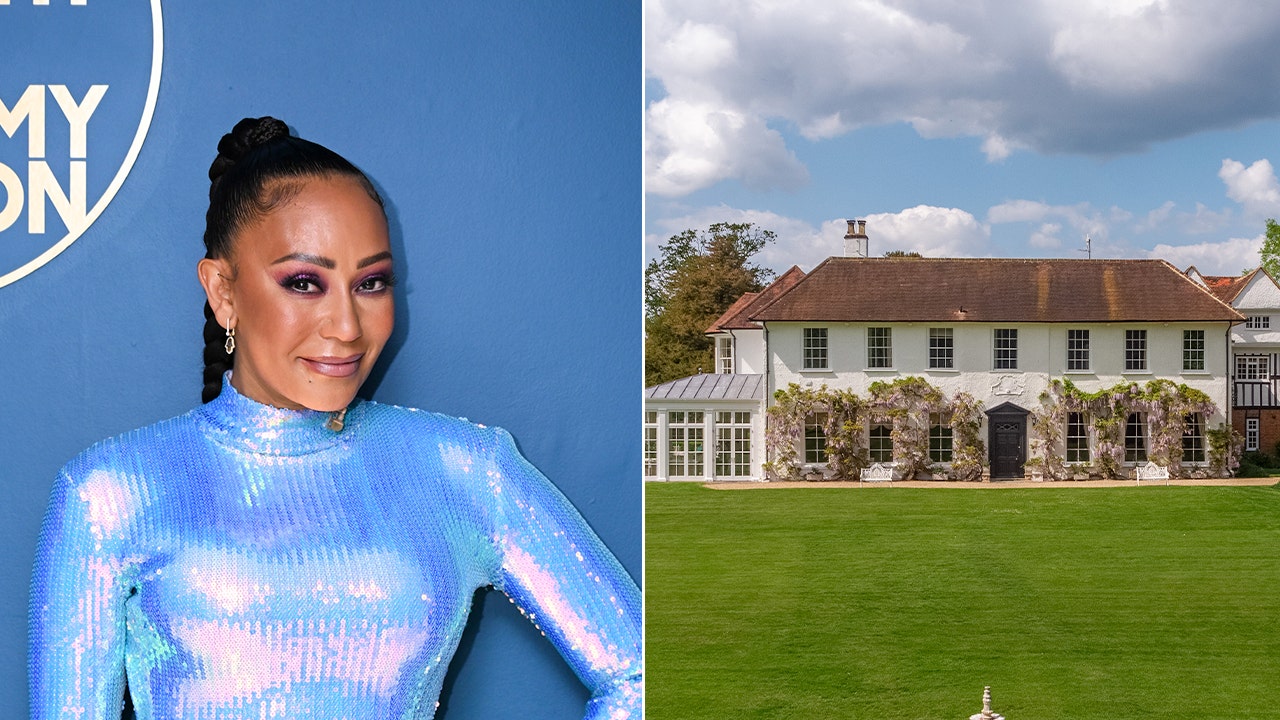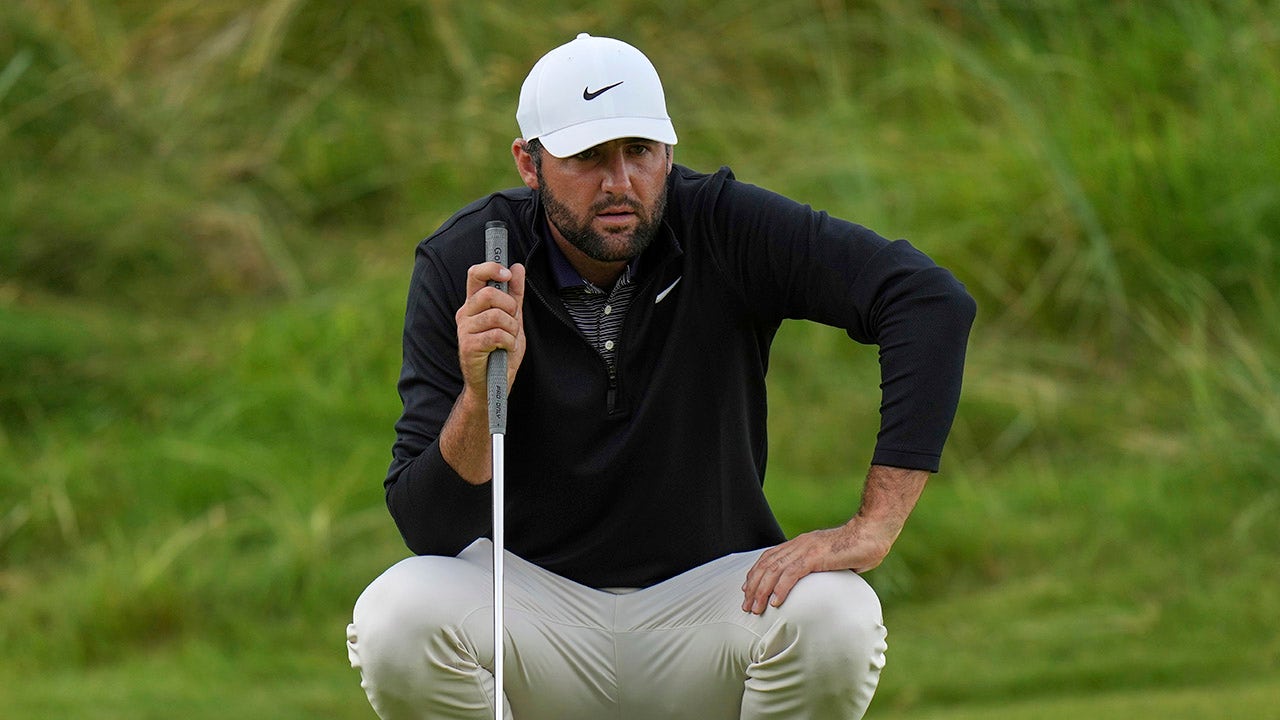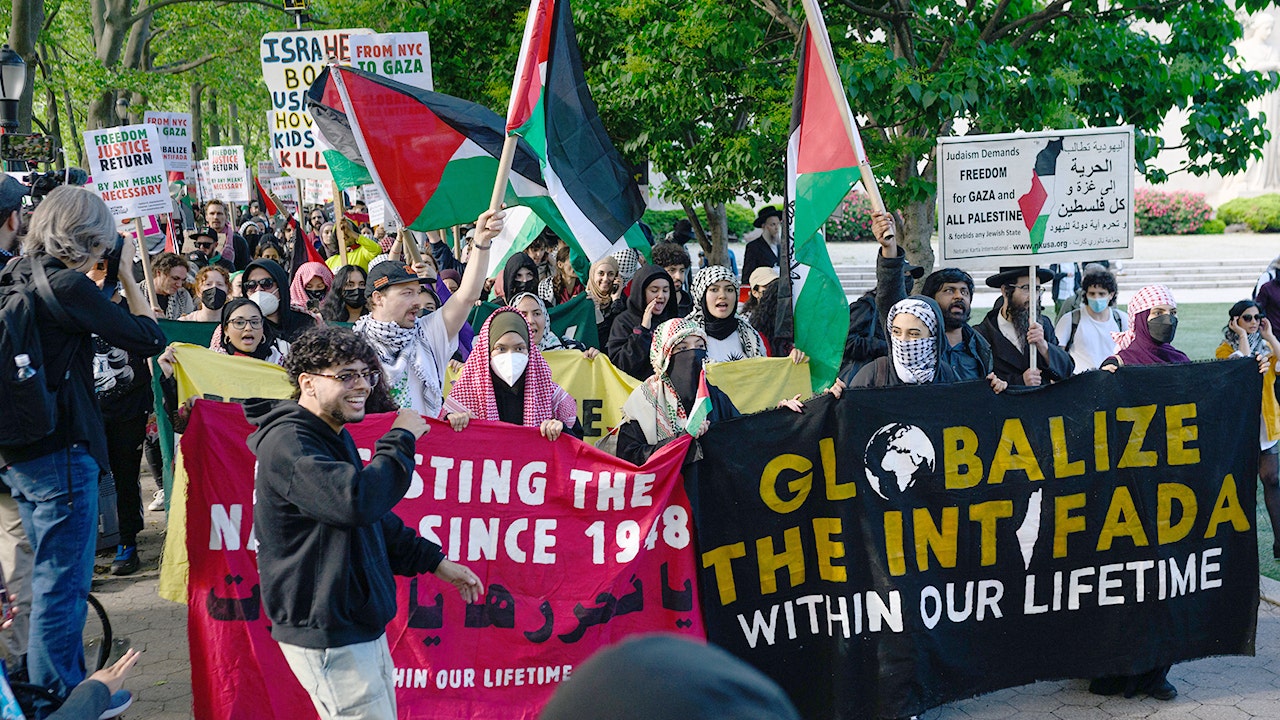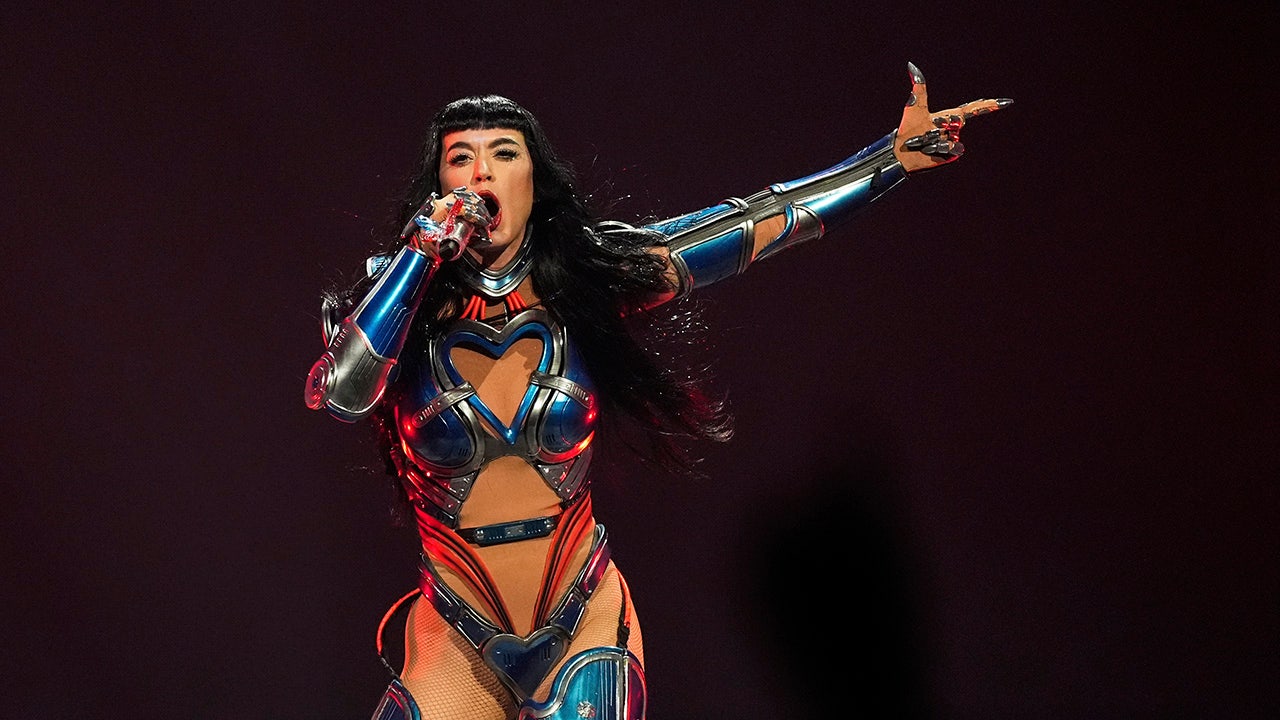Harvard ‘refused to take any reasonable action to punish the assailants’ and instead ‘rewarded’ them, lawsuit says
Harvard University “refused to take any reasonable action to punish” its two students who faced criminal charges for assaulting an Israeli classmate and instead “did everything it could to defend, protect, and reward” them, according to a new lawsuit from the Israeli student.
Video footage of the incident showed the assailants, law student Ibrahim Bharmal and divinity school student Elom Tettey-Tamaklo, shoving and accosting Israeli business school student Yoav Segev at an October 2023 “die-in” protest. Bharmal and Tettey-Tamaklo eventually faced criminal charges, which came to a head in April when they agreed to take an in-person anger management class and perform 80 hours of community service as part of a pretrial diversion program.
Former Harvard president Claudine Gay testified to Congress that the school would complete its own disciplinary process after the criminal case’s conclusion. Instead, both Bharmal and Tettey-Tamaklo were allowed to graduate in good standing from their respective schools shortly after they agreed to the diversion program. They were also “rewarded” for their anti-Semitic behavior, the lawsuit notes: Bharmal received a $65,000 “public interest” fellowship from the Harvard Law Review shortly before graduating, while Tettey-Tamaklo was made a class marshall for the divinity school’s graduation ceremony.
Segev had a different experience in his dealings with Harvard, according to the suit.
First, Harvard told him in the wake of the die-in “that he could not pursue administrative remedies unless he did so publicly and non-anonymously.” When he declined, opting to “let the University pursue its own disciplinary action,” Harvard “delayed and obfuscated for more than a year” before it “refused to take any action.” At that point, Segev, unhappy with Harvard’s handling of the matter, “tried to file a non-anonymous complaint.” Harvard rejected it, arguing that it had already “completed” its investigation into the matter while declining to share with Segev the results of that investigation.
“With such blatantly misleading tactics, obfuscation, and misrepresentations, Harvard misled Mr. Segev and prevented him from ever obtaining administrative remedies.”
Segev’s suit also takes aim at Harvard’s handling of the criminal case against Bharmal and Tettey-Tamaklo. It cites a September 2024 Washington Free Beacon report on the case, which revealed that Harvard refused to cooperate with local prosecutors who asked the school’s police department to conduct a “follow up investigation” into the assault to identify additional perpetrators. Suffolk County assistant district attorney Ursula Knight admonished Harvard during a hearing at the time, calling the school’s behavior “a shock to the Commonwealth.”
The lawsuit shines additional light on Harvard’s handling of the case. It alleges that one Harvard police officer “had made it clear that he was intent on pursuing Mr. Segev’s attackers until justice had been served.” At that point, Harvard’s police department “swiftly removed him from the investigation.” The department “actively obstructed the investigation” by telling its officers “to halt their investigation and not to cooperate with local authorities,” the suit says.
All of that behavior, Segev’s suit argues, shows that Harvard “refused to enforce its policies in this case, at all, simply because Mr. Segev is Jewish and does not identify as a member of one of Harvard’s favored minority groups.”
Harvard will now have to fight Segev’s suit as Harvard negotiates with—and pursues its own litigation against—the Trump administration in an attempt to restore billions of dollars in frozen grant money.
Harvard rejected a deal with the Trump administration in April. The school filed a lawsuit shortly thereafter accusing the administration of failing to adhere to the proper process when freezing Harvard’s funds. Negotiations between the two parties, however, reopened in June, and President Donald Trump said he was close to a deal with Harvard earlier this month.
An agreement has not come to fruition since then, and just days after Trump touted a potential deal, his administration informed Harvard’s accreditor that the Ivy League school violated civil rights laws by failing to protect Jewish students. Both parties will head to court on Monday for a hearing in Harvard’s lawsuit.
The Trump administration has cited Segev’s case in its actions against Harvard. A series of policy changes it demanded at the Ivy League school included the expulsion of both Bharmal and Tettey-Tamaklo, while a May letter it sent to Harvard outlining additional funding cuts took aim at Bharmal’s $65,000 Harvard Law Review scholarship.
Read the full article here








